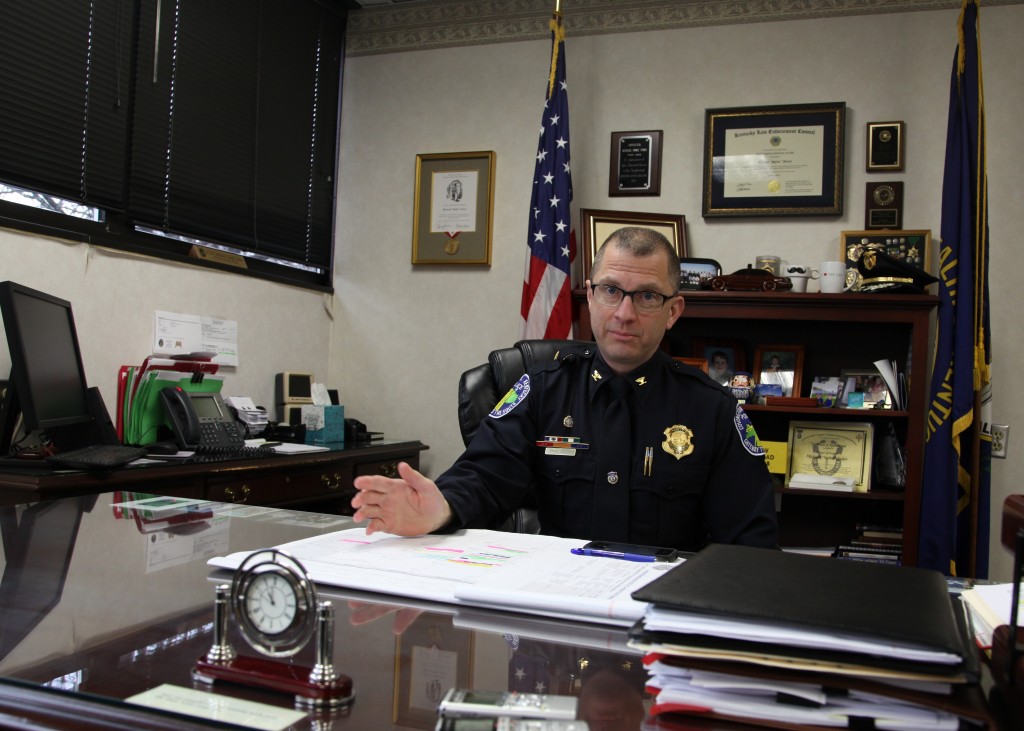
By Mike Rutledge
NKyTribune reporter
The police chief of Northern Kentucky’s largest city believes more education and more effective residential rehabilitation are needed to fight the region’s heroin epidemic.
To be clear, Police Chief Michael “Spike” Jones says Covington is not the epicenter of Northern Kentucky’s heroin. He emphasizes it is dispersed throughout all socioeconomic groups and areas of the region — rural, suburban and urban.
His comments to the NKY Tribune found strong support from one of heroin’s leading citizen opponents, Holly Specht of affluent Fort Thomas, one of the NKY Hates Heroin founders.
Her son, Nicholas, was killed by heroin 17 months ago at age 30.
As someone who was part of Covington vice squads during the 1990s, Jones says heroin is worse than any drug scourge he’s seen in 26 years of policing.
“Crack was bad, there’s no denying that,“ he said. “Crack still is bad. But heroin, it’s the worst thing I’ve ever seen.”
It has passed crack as the leading driver of prostitution, as well as all kinds of thefts, from metals for scrap to swiping deodorants and razors from stores to sell at deep discounts. Those are ways addicts are trying to pay for heroin, he said.
Tide hasn’t turned yet
Jones doesn’t see the heroin problem subsiding.
“It’s a societal issue that we’re wrestling with,” he said. “It’s an issue of addiction, and we’re one piece of that. I think it’s a three-legged stool. We’re the enforcement piece. We have the other two: education, which I’m not so sure we’re doing enough of; and we have real and meaningful treatment.”
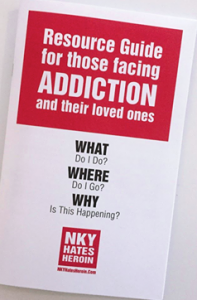
“I don’t think anybody in this (police headquarters) building believes that anyone grows up, or decides one day, ‘Hey, I think I’m going to be a heroin addict and try that out, see how that (goes).’ Nobody makes that conscious decision. It’s something they evolve into, for any number of different reasons,“ Jones said. “And to simply say, ‘It’s a police problem’ is really unfair to the victims of this addiction.”
As police, “We have a role that we have to fill,“ he said. “I also realize, very clearly, that there’s only so much we can do. We can do it as proficiently as possible, but there’s only so much we can do. We need those other two pieces there working with us.”
Adequate rehabilitation facilities, he said, would let addicts “go there for 30-60 days, get yourself well, get clean, and then focus on rebuilding you, so you don’t fall back into the same habits.”
He volunteers that he’s not a treatment expert, merely a police chief who has been paying close attention.
When an addict is still spending nights at home, even during treatment, “What’s different? The pressures are the same. You’ve got to do something better,” he said. “Just my humble opinion. Still, I’m in the enforcement piece. I’m not in the treatment or the education piece, but just my observations.”
Tobacco’s bad, heroin kills quicker
Here’s an example of the education gap Jones sees: He’s a non-smoker and doesn’t advocate tobacco in any way, he says, but he’d like to see the same energy and money that’s brought to bear against cigarettes launched against heroin, and as importantly, pain pills.
“When I think about education, you turn on the TV and how many commercials advocating against the use of tobacco do you see? There’s the one where the guy comes up, pulls a tooth out (to pay for tobacco),“ he said. “And those are designed to get your attention. You go, ‘Well, I don’t want to live like that.’”

By comparison, “How many commercials about heroin do you see, in comparison, and what’s killing part of our population? I realize smoke and second-hand smoke are responsible for a lot of bad things, but the urgency of the heroin epidemic far out-shadows anything we’ve dealt with in my career.”
Here’s why he and Specht say heroin isn’t the only enemy of those facing heroin: Often, people start shooting heroin only when they can’t find or afford more of the pain pills they’re become addicted to.
A heroin education
“It’s got to start with a focus on prescription pain medication,“ Jones said. “Here’s how it starts. You’re not stickin’ a needle in your arm: You’re taking a pill.
“So it seems much cooler on the onset,“ he concedes. “But, now, here’s what’s going to happen: When you lose access to these pain pills, you’re going to have to fill that addictive void somehow, and this is how you’re going to do it. And I think if that were put before them at a very early age, that, ‘Here’s the path you’re going to be going down if you do this one or two times,’ then maybe they’ll get it.”
One or two times, he and Specht agree, are all it takes for some people to die. They believe the heroin is more powerful than the drug that circulated during the 1970s and cut with more potent chemicals, even poisons, making it deadlier.
Specht agrees that for most, including her son, pain pills are a direct entry ramp to the perils of heroin.
“When they started buckling down on the pain pills, how easily pain pills (could be obtained), and how cheap they were, that’s when it’s like the heroin epidemic just honed right in,” she said. “It’s like they were almost waiting, knowing the pain pills were going to go up very, very high in price and the people couldn’t afford them anymore.”
Some very speedy deaths
Heroin prices were cheaper, but it’s very deadly.
In retrospect, from conversations she had with son during his five-month recovery, she guesses Nicholas, who worked in the restaurant industry and as a veterinary technician, took pain medications for five years.

“He had kidney stones one time, an emergency appendix removed one time, a car wreck once, and then while he was at work he severed the tendons in his thumb,” Specht said. “So multiple times, he was using them.”
Other tragedy was involved: Nicholas’s girlfriend was pregnant with a baby daughter. “The baby was due in nine weeks, and she ended up being strangled from the umbilical cord. And I believe in my heart that’s when he really kind of started with the heroin.”
Both Nicholas and his therapist told her he had used heroin “way less than a year, which is a perfect example of how quick you can die from it,“ she said. “Well, you can die from it on the first usage.”
The old Nicholas was returning
After a traffic stop in which an Ohio police officer found an unused needle in Nicholas’ car, and after failing to follow procedures required by the court, he was sent to a well-regarded 90-day residential Talbert House treatment facility in Hamilton County – the kind Jones suggests would be better than most facilities available to the addict now.
When he was sent there, “we thought at the time, ‘Oh, our son’s saved. Our son’s saved,’ his mother said.
Now she knows he was nowhere close to safe.
They did know that during the two months after his rehab, he lived with them and seemed completely clean, she said.
“So we absolutely – the whole family — felt like we had our old Nicholas back,” she said. “He seemed to be doing wonderful, he looked great, he acted great, he gained weight. We as a family decided that we needed to work with Nicholas and not worry about pushing him to get a job” until he was fully well.
Holly Specht said she later learned from Charlotte Wethington, a recovery advocate with Northern Kentucky’s non-profit Transitions Inc., that “it takes one to two years just for your brain to heal from the heroin use, the damage that it’s done.”
Other than believing even 90 days of residential treatment can be insufficient, she agrees with Jones’ recommendations about rehab. Wethington could not be reached for comment on the matter.
Utter sadness returns
The night Nicholas died, a beautiful infant triggered deep grief: At a meeting with his sponsor, he met a three-day-old girl.
“Nicholas came home that night, and he said, ‘Mom, I’m really strugglin’. I’m really struggling’,”she said. “And then, I used to call it my ‘cheerleader mode’– never in front of my son – but I started trying to tell him how proud we are, you’ve got your sponsor, so on, so on, so on, and an hour and a half later, he was gone.”
The heroin “was delivered to our house, which we found out on his cell phone, which sent cold chills,” she said.
She imagines the pushers who visited her property “almost like dark monsters.”
“You know, you try to teach your kids not to be afraid of the dark, but a monster was in our front yard. It just – we could hardly even believe it,“ she said. “My husband referred to it as just like having a pizza delivered. The fear factor for these pushers, they’re not afraid.”
Nicholas’ final gift
The family didn’t know – but was not surprised to learn – Nicholas was an organ donor. That kept his body in the hospital several extra days so others could benefit from his lost life.
Five of his organs went to others, all of them women, his mother believes. His lungs would have gone too if doctors could have found a person young and strong enough in time to receive his strong, healthy lungs.
An older woman in Ohio received Nicholas’ heart and wrote a beautiful note of thanks to his family.
“I’ve not contacted her back because I’m still not able to yet,” Specht said. “She ended her letter by saying, ‘Because of your family and Nicholas’ gift I can now hold my great grandbaby.’ And that almost did me in.”
It’s everybody’s problem
Jones says people should abandon the image of today’s heroin problem being like a 1970s public-service announcement or a crime movie from the period, with a junkie dying in a city alley with a needle in his arm.
“It’s in the suburbs, it’s in rural areas, it’s all around us,” Jones said. “And I think it’s because of that gateway prescription pain medication that’s created that.”
People pass through Covington, “buy heroin, or they go buy somewhere and use it here, but no more here than anywhere else,” Jones said. “Not to throw any of our neighboring suburban communities under the bus, but they’re having as big a problem with it in the Forts.”

That would be the some of the region’s more affluent areas, like Fort Thomas, Fort Mitchell and Fort Wright, plus any other wealthy area, such as Villa Hills, Burlington and Hebron. For those who doubt heroin is common in the affluent, well-educated suburbs, Specht recalls a surprising conversation she had with a Fort Thomas police officer who visited her and neighbors after a series of thefts on their well-to-do Fort Thomas street.
“The police officer stood there and he said, ‘Holly,’ he said, ‘standing right here on your porch, I can see three heroin addicts’ houses,” Specht said. “Now, that scared me.”
Shame and silence help heroin kill
Many Northern Kentucky experts who deal with heroin believe the drug has successfully stolen the lives of many here because families are so ashamed of being connected with the drug heroin that they tell nobody about the addiction. Even some communities and public officials have been slow to acknowledge the problem exists in their areas.
Many died in Northern Kentucky before the issue gained notoriety. Specht believes awareness has risen. And it’s certainly about time, she believes.
“Because we have cheerleaders, and teachers and football stars – all different kinds of people that are dying every day from this, in the country,” she said.
She nonetheless understands why a family doesn’t want to share such sensitive information.
That’s because, she says, unless the listeners understand the gravitational forces of addictions to pain meds and heroin, “they’re not going to want to become educated, and they’re going to judge you.
“So there’s no way someone’s going to share that their son or daughter is a heroin addict unless they feel safe that they can share that,” she said. “Because they will be judged. No matter what.”








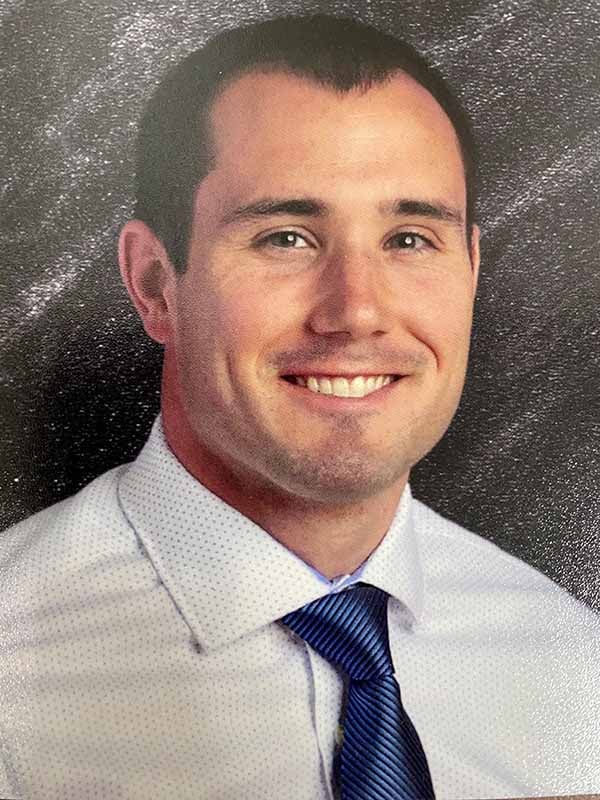


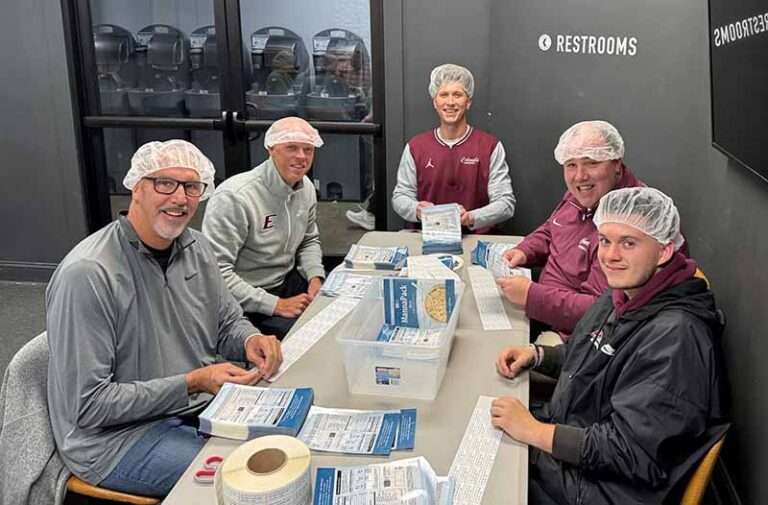




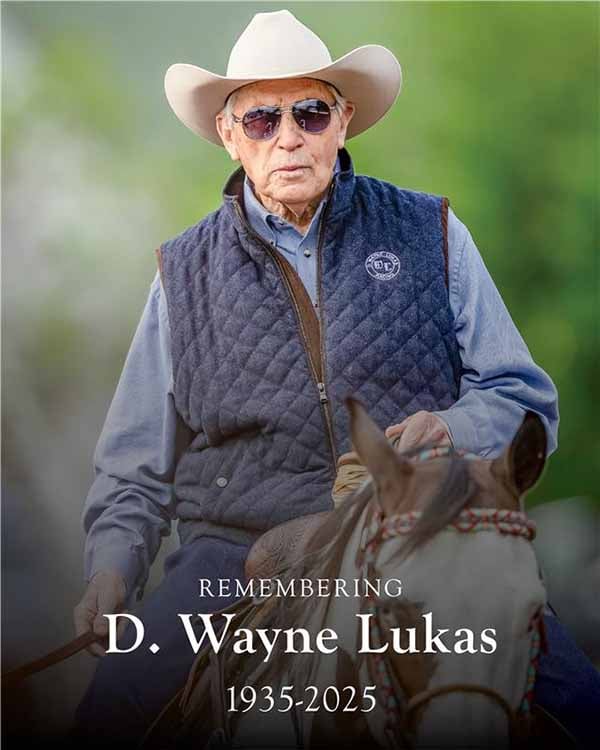

I have a hard time believing that the only gateway to heroin abuse is from pain pill use. We need to look closer into what is enticing people to use this drug.
We as a nation have lost our ethics and values. We used to Value hard work, honesty and integrity. Now everybody lives by the motto “if it feels good, do it.” Maybe we just don’t believe there really are consequences to our actions anymore?
I understand heroin is horrible!! I have 4 sons age from 17-25 and heroin seems to be in that age.it’s like a younger generation drug.I know it’s not just this age but why would a doctor write a narcotic medicine for a young age? And what about the people that are in they’re 40’s and up that has chronic pain? Those people are hurting because of this also. The ones that don’t need the narcotic pain meds get them easily and the ones that have severe discs problems or over active nerve dis order can’t even get a Tylenol 3. Doctors need to look deeper before writing such meds.and cutting everyone off they’re medication is just hand delivering them to heroin because they’re in pain to start with and withdrawling hard off the pain meds they just want the pain and sickness to go away and will do anything to feel better.so I believe if a patient has been on a narcotic pain med for at least a year they should have to slowly wing them off of it not just cold turkey.all that does is make the patient miserable and the pain must be unbearable. I’m not a expert but I’ve been going to school for this to become a counselor and with talking to people that are trying to get off heroin a lot was never on pain meds they just heard about the needle rush feeling and tried it.but the ones that was on prescription medicine said they never thought about heroin until they’re doctor just cut them completely off they’re pain medication as if the chronic pain wasn’t bad enough the withdrawlwithdrawls they couldn’t handle that also so heroin was there to take the pain and sickness away.so there you go. So I really believe if doctors would monitor patients and slowly down the dosage and help get a patient off pain medication maybe heroin wouldn’t be so available and would slowly loose it’s power on people.something different has to happen way too many people are dieing from this street drug!! Like I said I’m not a expert but I know the deaths from heroin is way to high and a lot and I mean a lot of these deaths are our children!! So ask yourself how many people in they’re 20’s need to keep taking narcotic pain meds? But at the same time a lot of the middle age or older patient’s have bad chronic pain we can’t forget about the ones that really need the medicine because those people can’t take the pain they’re bodies are going through.whether they have had back surgeries or just some form of chronic pain from work or a accident. I would question if a healthy 18-35 year old person was on such medicine. I just know something different has to happen we’re loosing way too many people to this drug!! And with me having 4 young sons that have talked about how they either knew someone that died from heroin or they know someone that does it but they don’t go around them anymore because of that reason SCARES ME TOO DEATH!!!! I always try to talk to my kids and let them know there’s nothing they can’t tell me and I keep the communication lines wide open but I also know with all that being said doesn’t make my child safe.I’m not nieve I just always pray they never find such a demon inviting such as heroin.NOBODY SHOULD LOOSE A CHILD OR LOVE ONE TO HEROIN! I pray as a community we find the answer together and put the emergency brakes on heroin and save lives!!!! God bless anyone that is trying to save a love one from this drug!!and God be with the law enforcement when they’re out on the streets trying to keep us all safe and dealing with the dangers that come with this demon drug!!